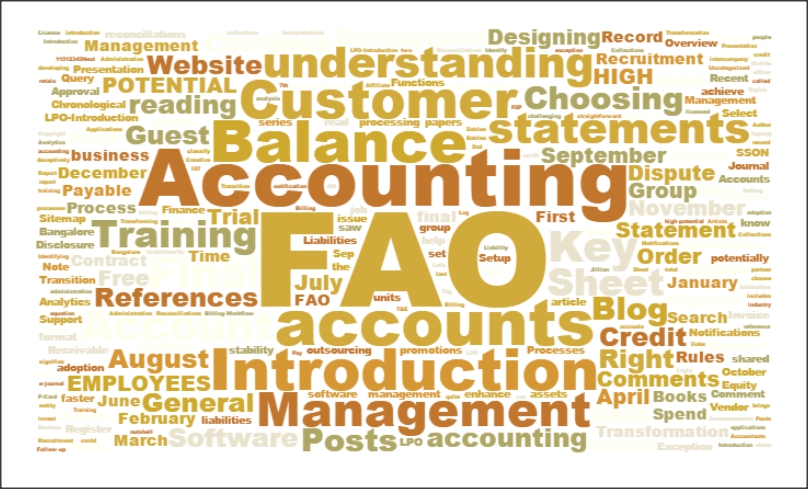Hi Readers,
A big apology from the FAO Blog, for being out of circulation for quite a while.
We are back, and have big plans.
We start today with a research report from the Aberdeen Group.
Automating the Financial Planning, Budgeting, and Forecasting Process
Creating well-informed plans, budgets, and forecasts is essential for enabling business leaders to be confident when making investments and decisions. Additionally, the ability to react quickly to changing business conditions, or agility, is essential to ensure that plans are based on the most recent data. But this is easier said than done. The fact is that in order to enable accuracy and agility, top performing organizations pair a series of capabilities and technologies to make these processes as simple as possible through enabling access to data and collaboration. Still, Aberdeen’s 2013 Financial Planning, Budgeting, and Forecasting Benchmark survey found that 89% of organizations are using spreadsheets in the planning, budgeting, and forecasting processes. There is more to that story, however. While it is true that almost all organizations are utilizing spreadsheets in some way, Best-in-Class organizations are more likely to automate the ways in which they are utilizing spreadsheets. This Analyst Insight, based on a survey of over 200 organizations, illustrates how Best-in-Class organizations use spreadsheets as well as the benefits of utilizing more robust technology in conjunction with spreadsheets to facilitate data access, accuracy, and agility. –
Get the full report at :
http://aberdeen.com/Aberdeen-Library/8492/RA-planning-budgeting-forecasting.aspx?camp=EXTR
Disclaimer: The above article is in no manner the property of the FAO Blog or any of its authors, constituents or owner. It has been shared for our blog readers / followers and an appropriate link has been provided to the author’s / owner’s website, so that our readers can read the article at the source of publishing. We have shared only some lead text to assist our readers identify the nature of the article. The FAO Blog is in no way associated with the author / owner who published the article and does not claim any ownership on the article. We respect the intellectual property right of the author / owner. Any dispute for the segment shared on our blog may be sent to our email id blogmasterfao@faoblog.com


Amaze, amazing blog site construction! Just how long have you been running a blog regarding? you have made blog glance simple. The whole view of the web site is spectacular, not to mention this article content!
Nice post. I had been verifying frequently this specific blog page with this particular empowered! Useful info especially the actual closing stage 🙂 I actually take care of similarly info much. I had been searching for this specific details for a long period. Thank you so much as well as regarding fortune.